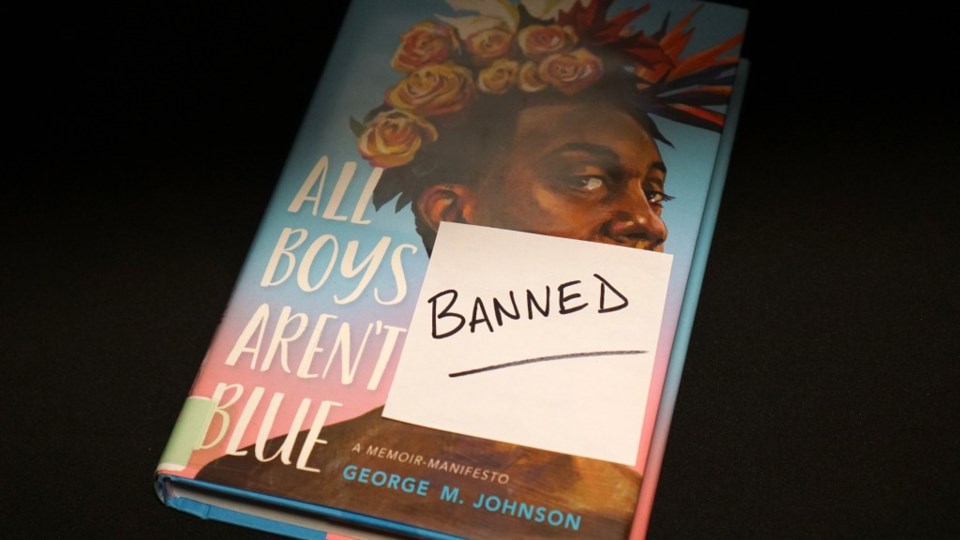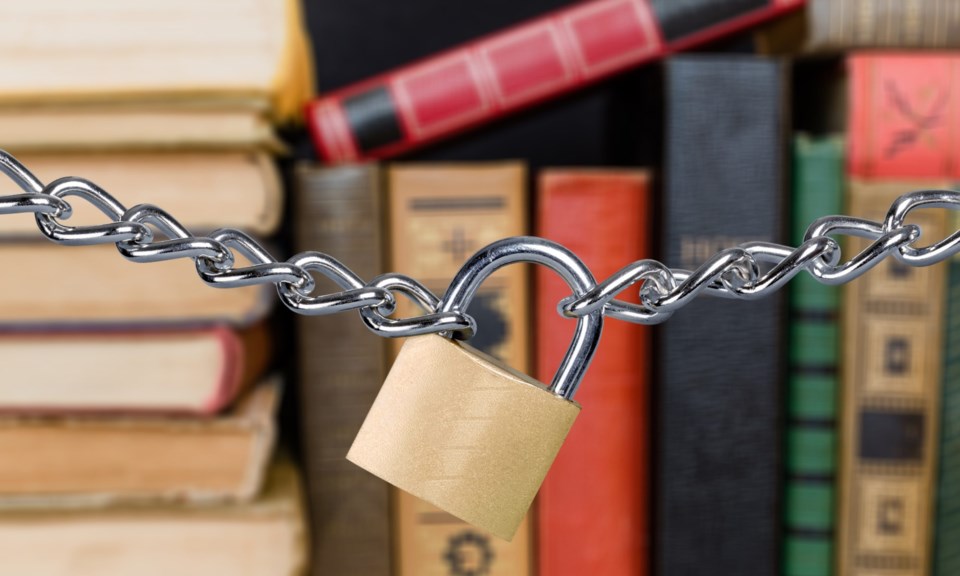A new report released by PEN America, a nonprofit organization focused on defending human rights and the freedom of speech in literature, shows that during the 2021-22 school year, over 2,500 books were banned from schools, with Texas in the lead with 801 bans over 22 districts. In North Texas, Local Profile recently reported that Frisco ISD is in the process of reviewing over a million titles throughout its 75 campuses.
According to the report, 41% of those banned books deal with LGBTQ+ themes with queer protagonists or prominent secondary characters, while another 40% included protagonists and important secondary characters of color.
Although book banning is a recurring phenomenon in American history (you can find examples of this in the McCarthy era and early 1980s), Jonathan Friedman and Nadine Farid Johnson, authors of the report, claim that the current banning efforts are not stemmed from organic, spontaneous expressions of citizen concern. They say, polls consistently show that Americans from all over the political spectrum are against book bans, such as a February 2022 CBS poll that found that 85% of Americans don’t believe books should be banned, even if they depict political ideas they disagree with.

Then, where is this censoring wave coming from? PEN America states in the report that this is an evolving organized censorship movement and has identified at least 50 groups that are pushing for book bans at the national, state and local levels. Friedman and Farid Johnson say those groups share lists of books to challenge and have an array of ever-escalating tactics ranging from swarming school board meetings to filing criminal complaints of distribution of pornography in schools against school officials and staff.
According to the report's findings, government officials have also contributed to restricting access to books through both state-level legislation and district-level policy changes. The nonprofit estimates that at least 40% of the bans counted in the organization’s Index of School Book Bans in the 2021-22 school year were connected to political pressure by state officials and lawmakers.
In Texas, Rep. Matt Krause sent a letter to school districts in October 2021 with a list of 850 books and asked districts to investigate and report on which of the titles were held in libraries or classrooms, while the Texas Education Agency announced new school library standards with an emphasis on scrutiny and parental feedback.
At the district level in some communities, book banning advocates have encountered existing procedures more aligned with the American Library Association and National Coalition Against Censorship’s guidelines for book reconsideration processes. In these cases, there have been new efforts to alter those procedures and policies to make book removal easier. The nonprofit points to Frisco ISD as an example of such an effort. Last June, FISD changed policies regarding library book objections and replaced them with more strict standards pulled from the Texas Penal Code.
“Book banning and educational gag orders are two fronts in an all-out war on education and the open discussion and debate of ideas in America,” state the authors in the report. “Students have First Amendment rights to access information and ideas in schools, and these bans and legislative shifts pose clear threats to those rights.”




